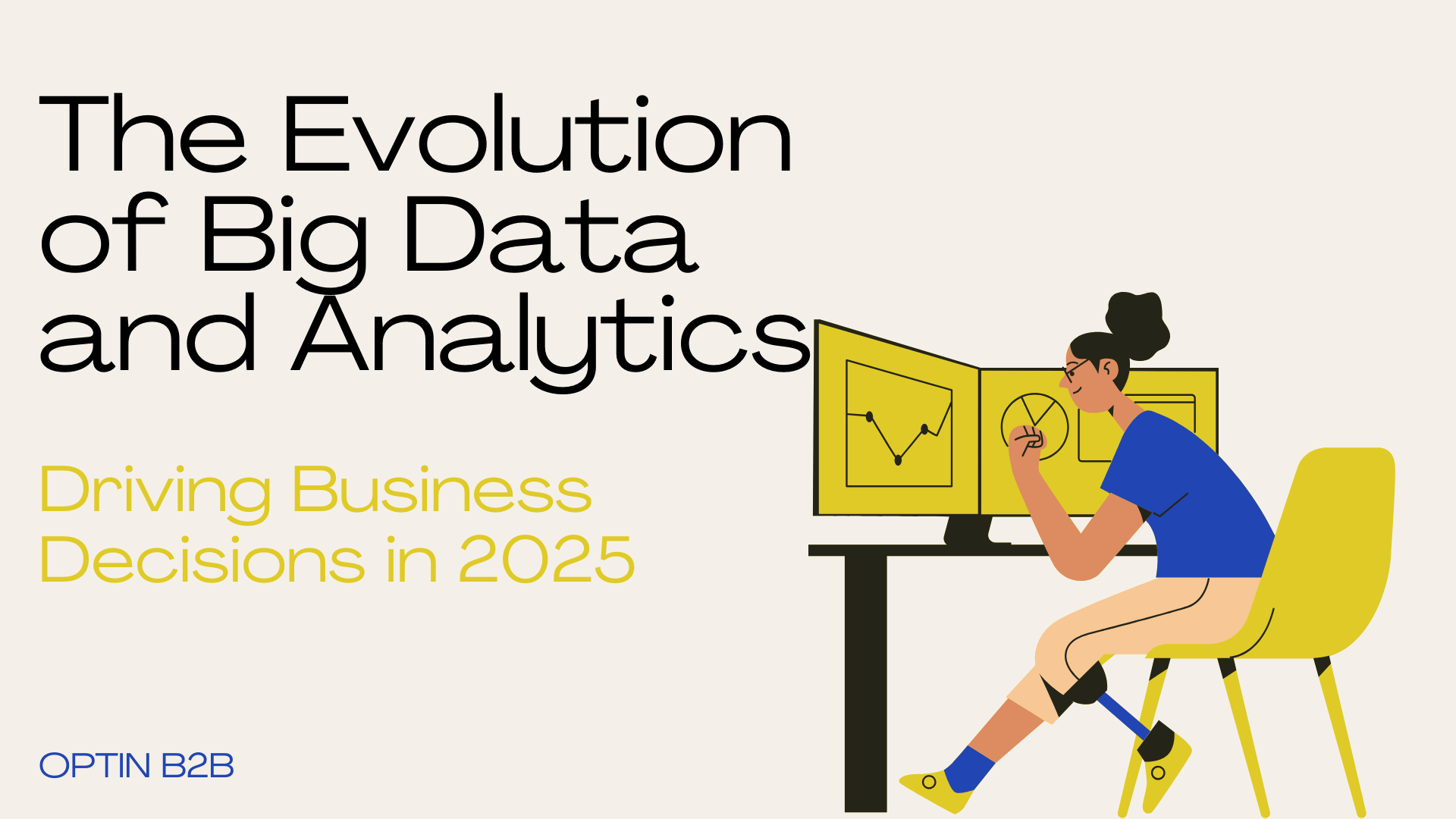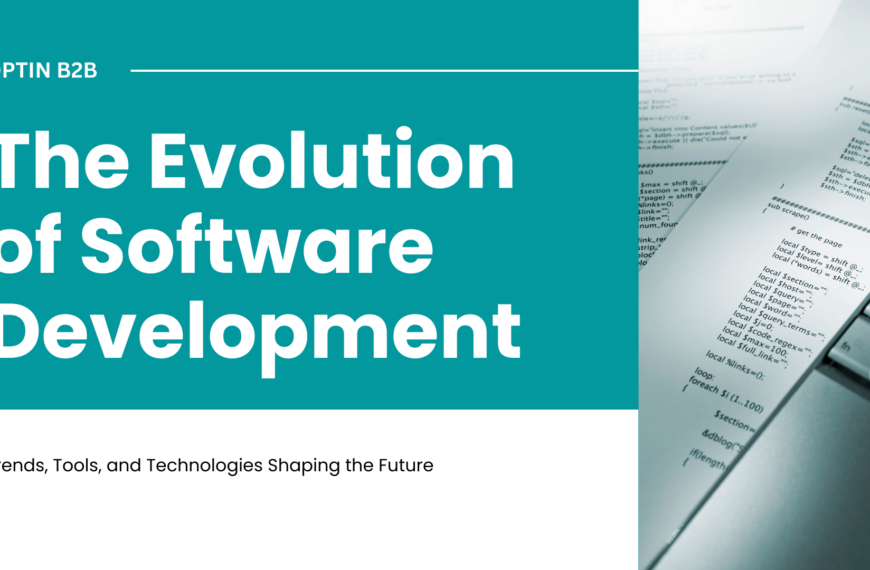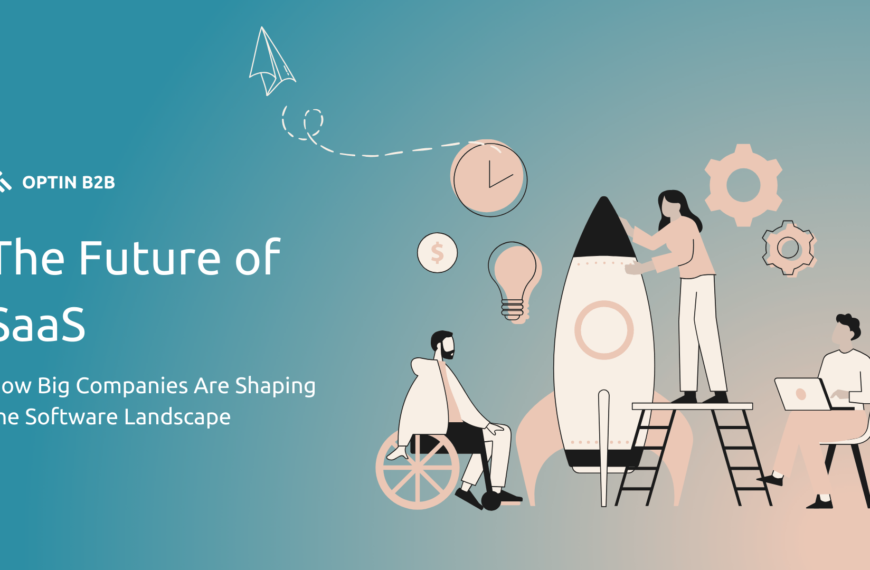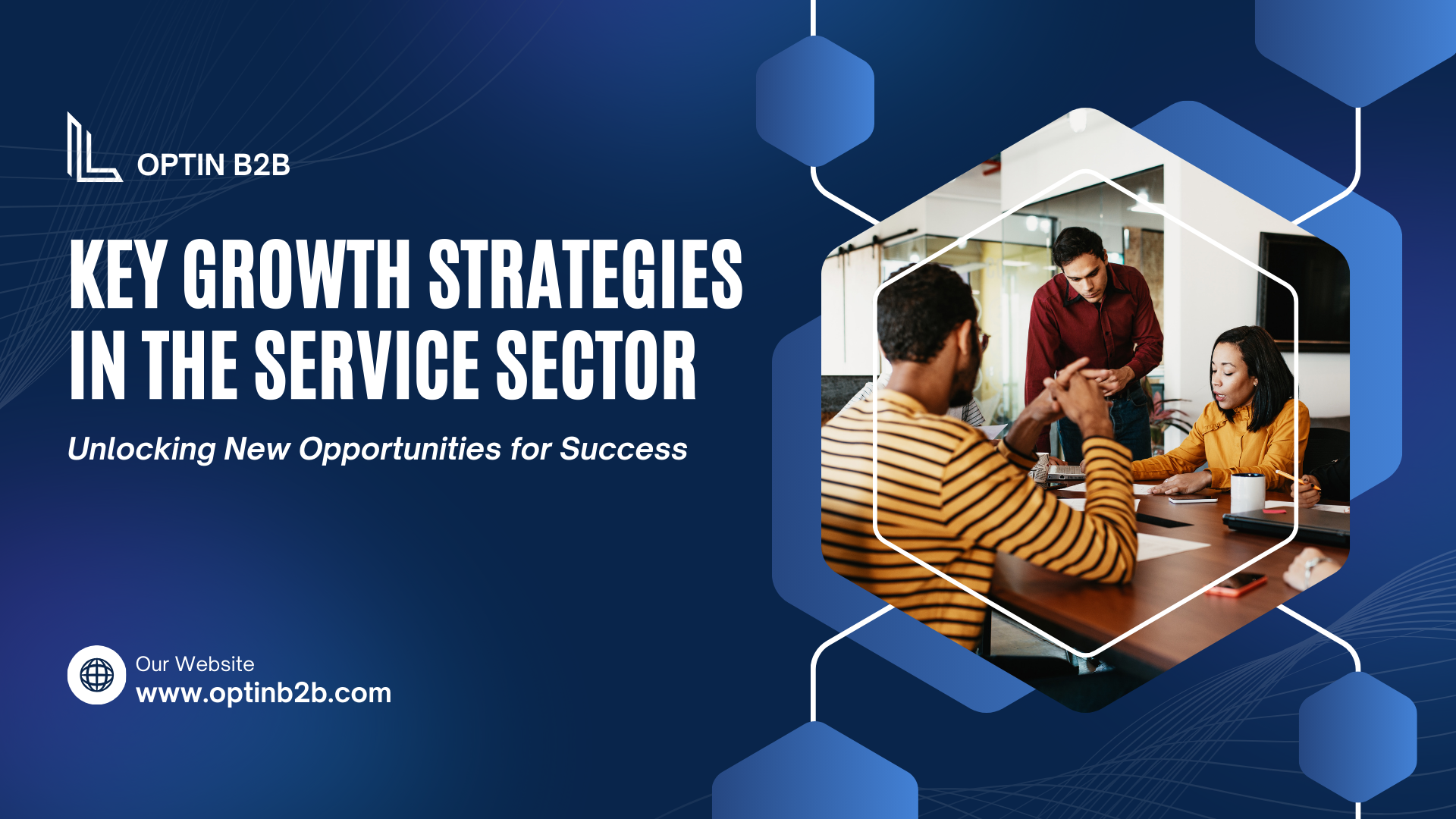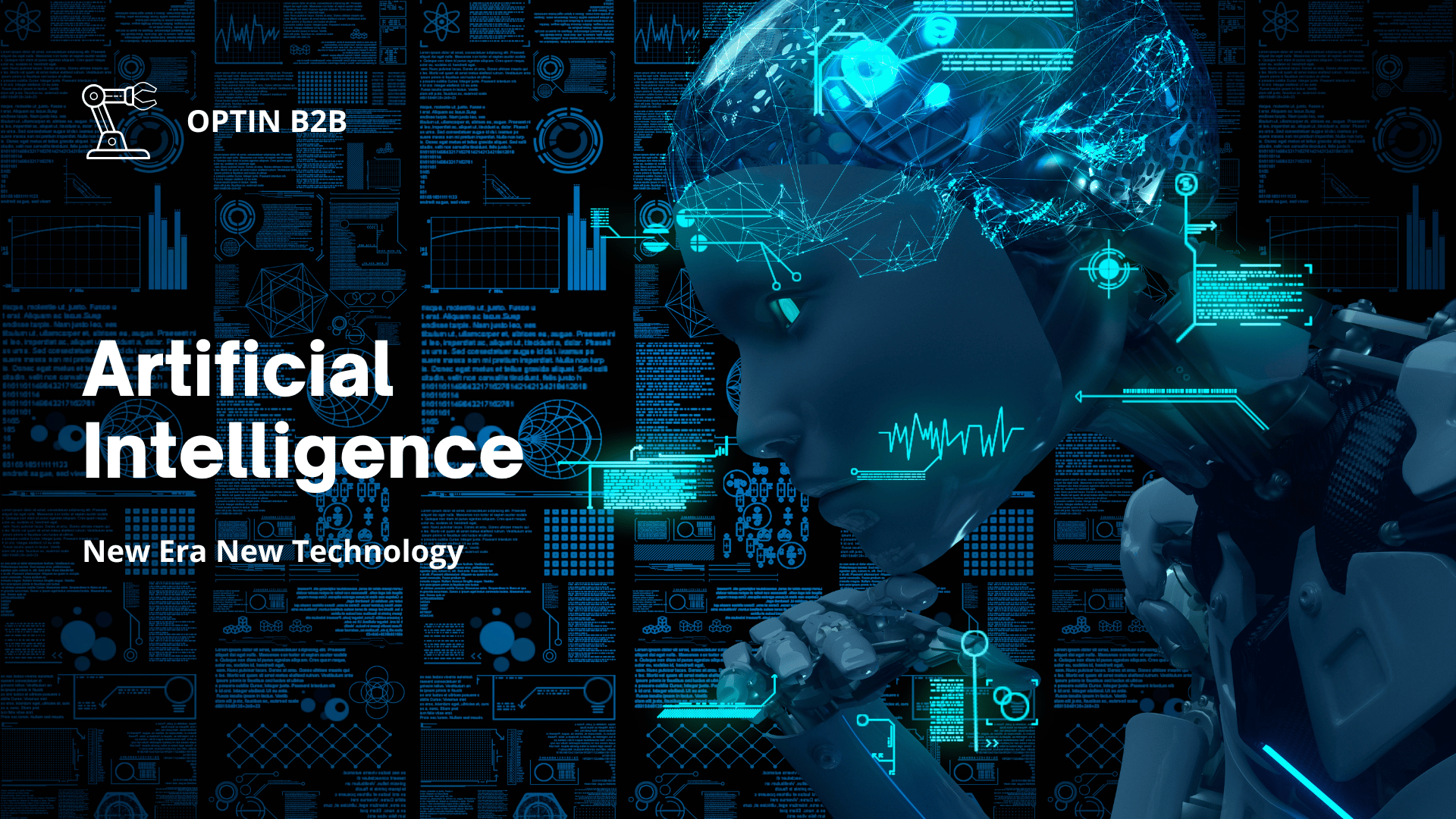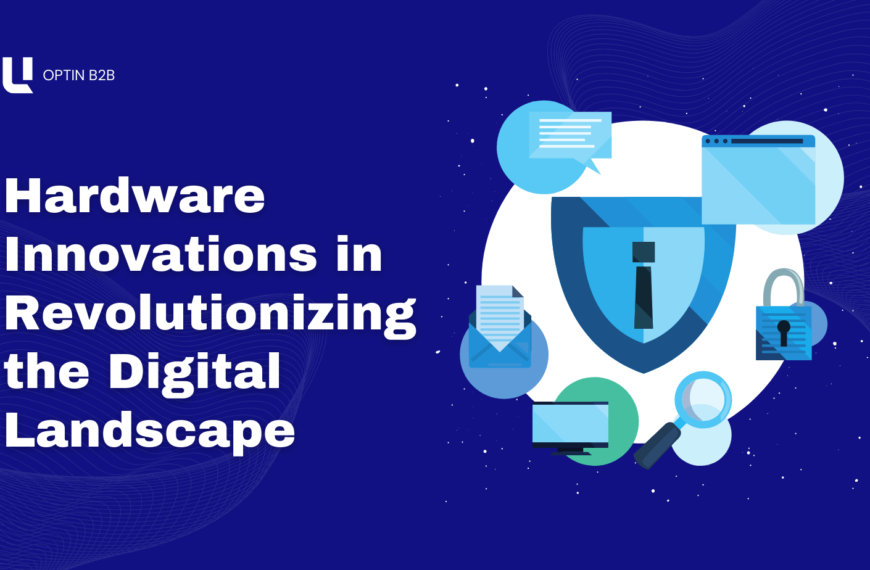Big Data and Analytics continue to revolutionize industries, enabling businesses to harness vast volumes of information for smarter decision-making. As technology evolves, the role of data analytics is becoming even more central to achieving operational excellence, driving innovation, and delivering personalized customer experiences.
One of the most significant trends in big data is real-time analytics. Businesses like Tesla are leveraging real-time data streams from their connected devices to optimize performance and predict failures. Similarly, in the retail sector, companies such as Walmart are analyzing real-time purchasing patterns to manage inventory dynamically and enhance the shopping experience.
In healthcare, big data is improving patient outcomes and operational efficiency. Analytics platforms powered by machine learning, like those used by IBM Watson Health, process massive datasets to assist in diagnosing diseases, predicting outbreaks, and personalizing treatment plans. The ability to analyze genomic data has also opened new avenues in precision medicine.
Financial services are at the forefront of big data innovation. JP Morgan Chase utilizes advanced analytics to detect fraudulent activities in real time and offer hyper-personalized financial products. Risk management is another area where big data shines, providing predictive insights into market trends and customer behaviors.
Manufacturing and supply chain industries are leveraging big data for predictive maintenance and demand forecasting. General Electric uses big data analytics to monitor the performance of its industrial equipment, ensuring efficiency and minimizing downtime. Similarly, companies like DHL analyze logistics data to streamline delivery operations and reduce costs.
The rise of artificial intelligence and machine learning is further enhancing the potential of big data. Tools powered by these technologies can process unstructured data like social media interactions, customer reviews, and IoT sensor data. This allows businesses to gain deeper insights and foster innovation across various domains.
Despite its transformative power, big data comes with challenges, including data privacy, governance, and the ethical use of information. Companies must adopt robust frameworks to ensure compliance with regulations like GDPR and maintain customer trust. Moreover, a skilled workforce capable of interpreting complex datasets is crucial to unlocking the true potential of analytics.
As we look ahead, the integration of big data with emerging technologies such as blockchain, edge computing, and 5G promises to redefine analytics further. Businesses that invest in cutting-edge data solutions and foster a culture of data-driven decision-making will undoubtedly maintain a competitive edge in this rapidly evolving landscape.

